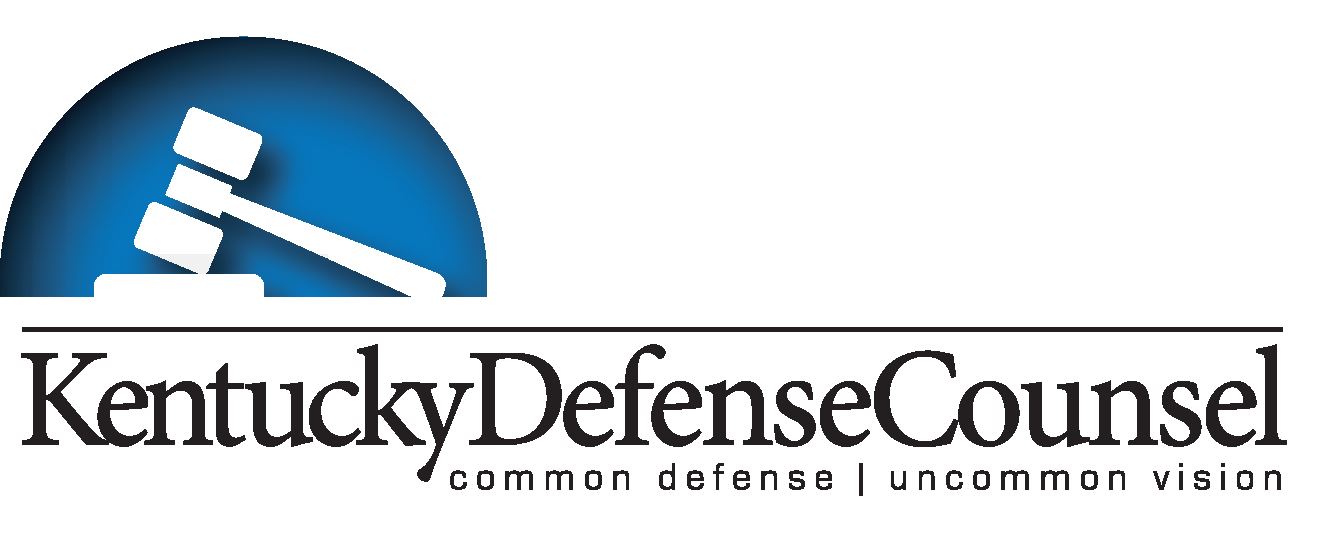DRI Submits Amicus Brief with Supreme Court in China Agritech Inc. v. Michael Resh, et al.
Seeks Overturn of Lower Court Decision Involving Tolling of Statutes of Limitations
CHICAGO – (February 7, 2018) — DRI-The Voice of the Defense Bar has filed an amicus curiae brief in the United States Supreme Court, urging the Court to overturn a Ninth Circuit opinion expanding the decades-old doctrine for tolling of limitations periods on individual claims while the putative class action was pending and until certification was denied. The brief was filed by DRI’s Center for Law and Public Policy.
Decades ago, the Supreme Court created a limited equitable tolling rule for federal class actions. Under American Pipe & Construction Co. v. Utah, (1974), and later in Crown, Cork, & Seal Co. v. Parker, (1983), the filing of a timely putative class action under Rule 23 pauses the limitations clock for individual prospective class members until class certification is decided. If certification is denied, each individual plaintiff has whatever is left of the limitations period to seek relief on his or her own behalf. The Court found that this rule serves the efficiency goal of Rule 23 by preventing multiple protective suits by individuals before the statute of limitations expires. American Pipe tolling, as originally conceived, is of limited duration, and therefore reflects what the Court then believed to be an equitable balancing of competing interests.
This Ninth Circuit’s decision, however, expanded this doctrine to allow an individual whose limitations period was tolled during the pendency of an earlier action that was denied class treatment to file a new action, not as an individual action only—as addressed in American Pipe—but as a putative class action. The Ninth Circuit’s ruling therefore permits the indefinite suspension of statutes of limitation by class action plaintiffs through repetitive, serial class action filings.
The potential for abuse and unfairness inherent in the “stacked” tolling that the Ninth Circuit’s approach allows is considerable. A business that defeats class certification achieves no finality, even if the federal statutory limitations period has expired. The plaintiffs’ counsel (or new counsel) may try again and again, shopping the case from judge to judge in hopes of obtaining a better result or coercing the defendant to settle to buy peace. Individuals who through lack of diligence or strategy failed to seek relief in timely fashion can have their claims “carried along” by successive class action filings indefinitely. And the businesses that are the primary target of class actions have no fixed date after which they can count on being able to close their books on potentially devastating financial exposure.
DRI’s brief urges the Court to overturn this harmful precedent, which ignores the equitable principles and necessary balancing of interests that gave rise to American Pipe tolling in the first place. As the brief explains, class actions cast an ominous cloud over businesses, increasing uncertainty over litigation risk and exposure, often pressuring businesses to settle even non-meritorious claims. Relying on actual survey data, DRI’s brief highlights these and other negative consequences to American businesses and the economy from a rule indefinitely extending statutes of limitation for class action filings.
Brief co-authors were Robert L. Wise, Bowman and Brooke, Richmond, VA, and Susan E. Burnett of Bowman and Brooke LLP, Austin, TX, with assistance from Amanda Heitz. The co-authors are available for interview or expert comment through the contact information above.
The complete text of the brief can be found here.
###
About DRI – The Voice of the Defense Bar
For more than fifty-five years, DRI has been the voice of the defense bar, advocating for 22,000 defense attorneys, commercial trial attorneys, and corporate counsel and defending the integrity of the civil judiciary. A thought leader, DRI provides world-class legal education, deep expertise for policy-makers, legal resources, and networking opportunities to facilitate career and law firm growth. For more information, log on to www.dri.org


